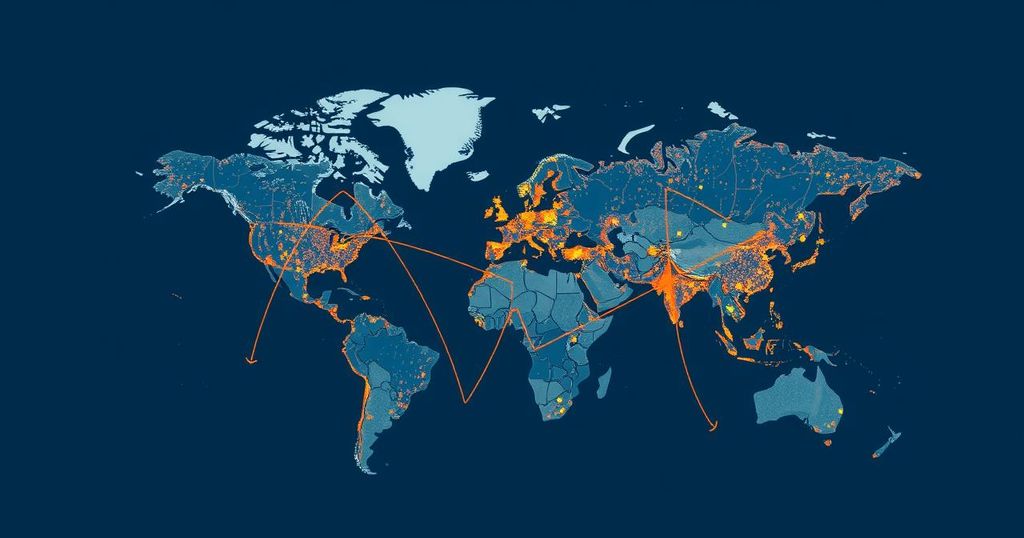COP29: Engaging Questions and Global Climate Responsibilities
COP29 is underway in Baku, Azerbaijan, emphasizing climate change discussions among global leaders. Key issues include funding responsibilities of developed nations towards poorer countries and the impact of political shifts on climate policies. Public engagement is encouraged for questions regarding the effectiveness of these annual meetings.
The COP29 climate change conference is currently being held in Baku, Azerbaijan, uniting scientists, experts, politicians, and global leaders to discuss crucial climate issues. Attendees and the general public are encouraged to submit their questions regarding climate initiatives, fossil fuel policies, and annual conference relevance. The discussions this year centralize on financial responsibilities, particularly how developed nations, having historically benefited from fossil fuels, can support developing countries facing climate change repercussions. Notably, the attendance of certain leaders is questionable, including that of Donald Trump, whose future policies could significantly impact global climate strategies. The discourse aims to highlight the disparities between nations and the necessity for collaborative solutions in combating climate change.
The Conference of the Parties (COP) has been convened annually, with varying agendas focused on essential climate-related topics. COP29 is notable for addressing concerns about financial equity regarding climate change. Developed nations are urged to provide monetary assistance to less affluent countries grappling with climate impacts, despite not being the primary contributors to the problem. This aspect of climate justice is particularly pressing as nations evaluate the effectiveness of these conferences and question whether tangible progress is being achieved. Furthermore, political dynamics, particularly concerning leaders like Donald Trump, introduce uncertainty into the conversation about climate policy and its future direction.
In summary, COP29 serves as a platform for critical discussions on climate change, particularly regarding financial duties of developed nations and the differing levels of commitment among world leaders. The conference underscores the urgency for collective action and resources to address climate impacts faced by vulnerable nations. The participation and policies of influential leaders, including potential shifts under new administrations, will inevitably shape the effectiveness and outcomes of global climate initiatives.
Original Source: www.bbc.co.uk




Post Comment